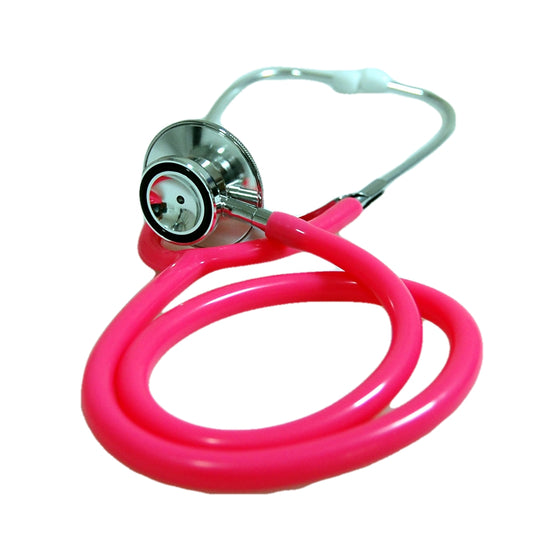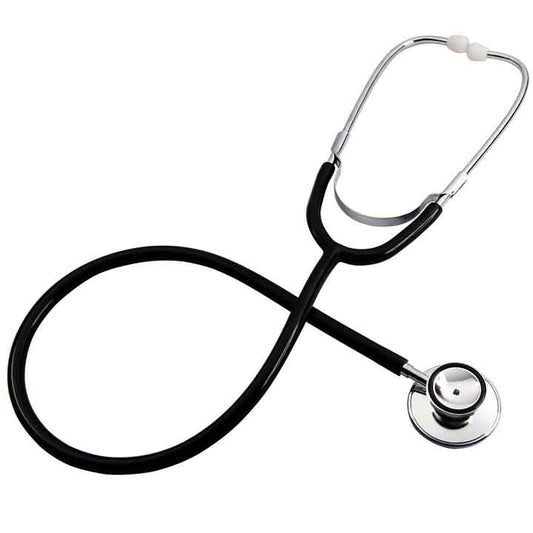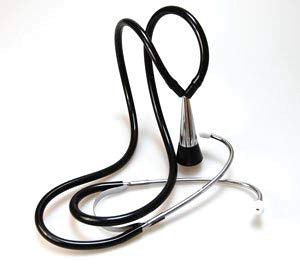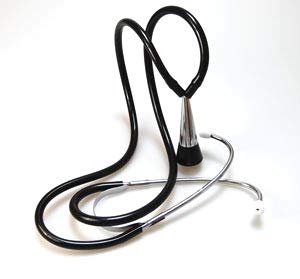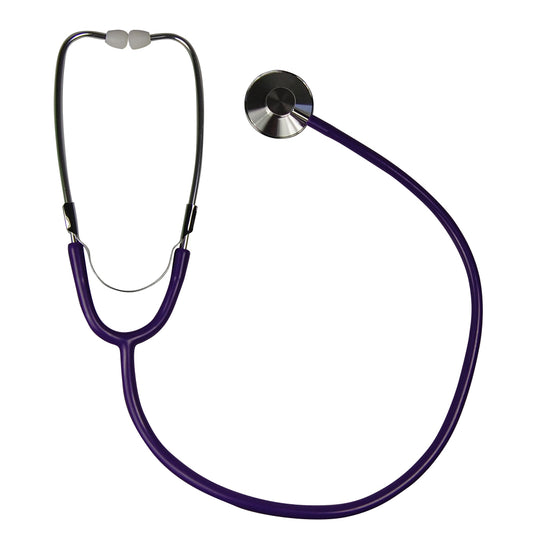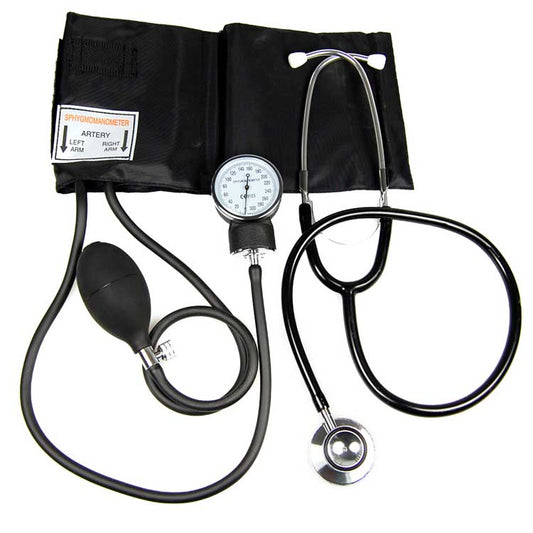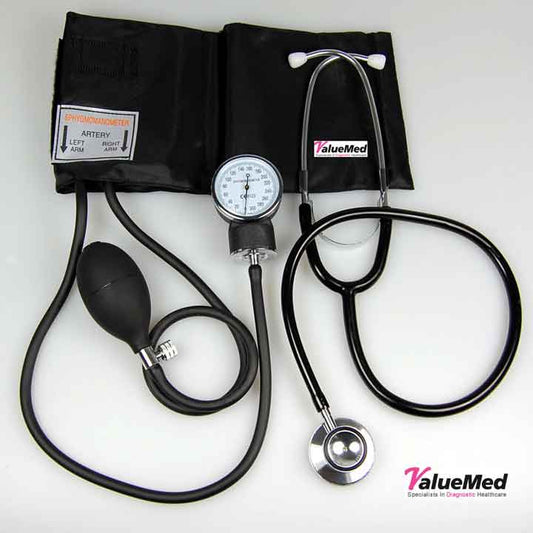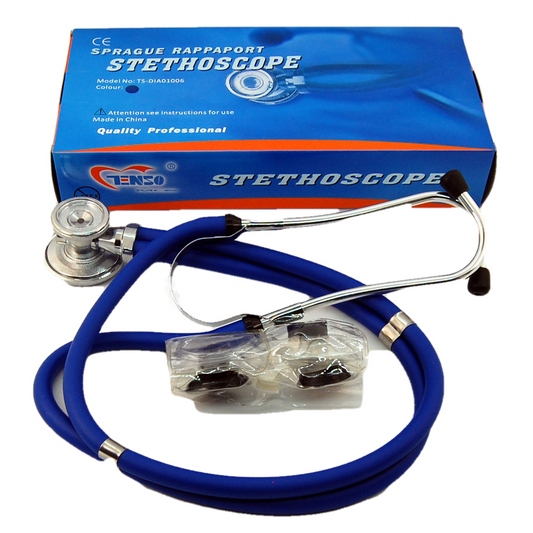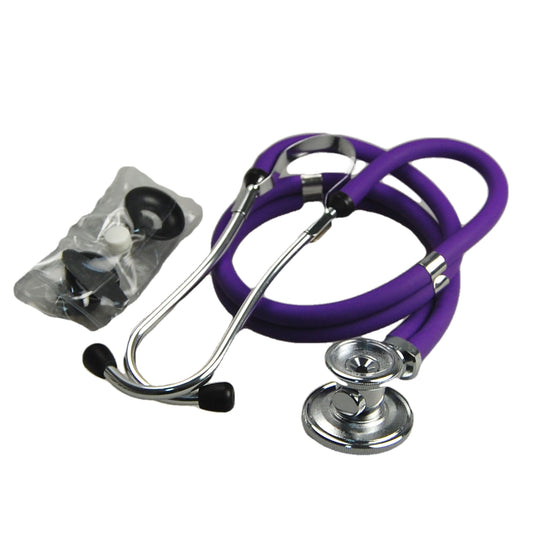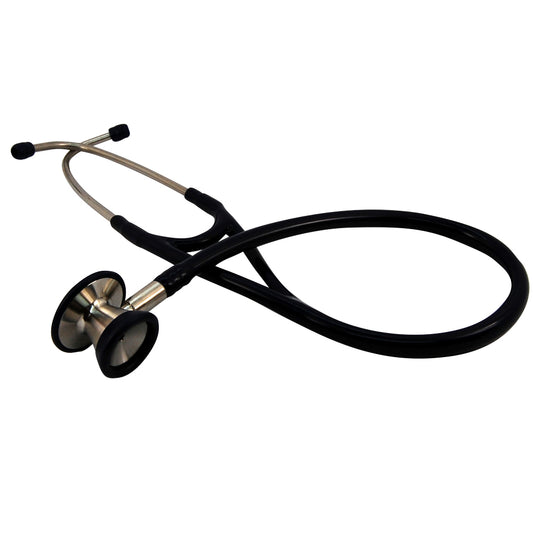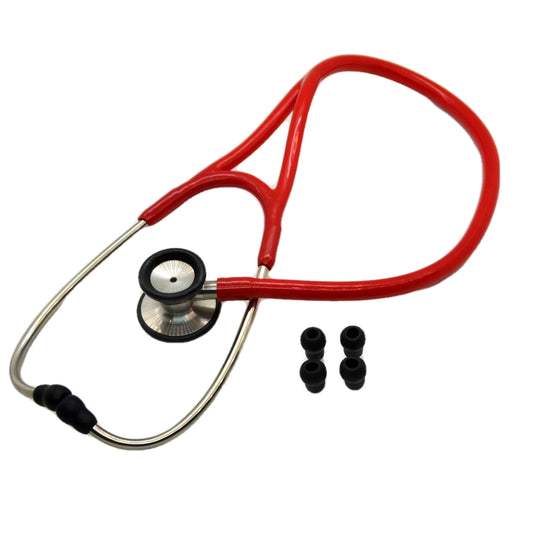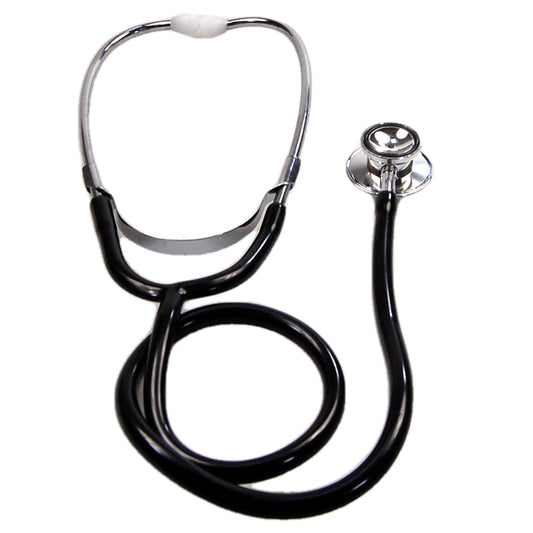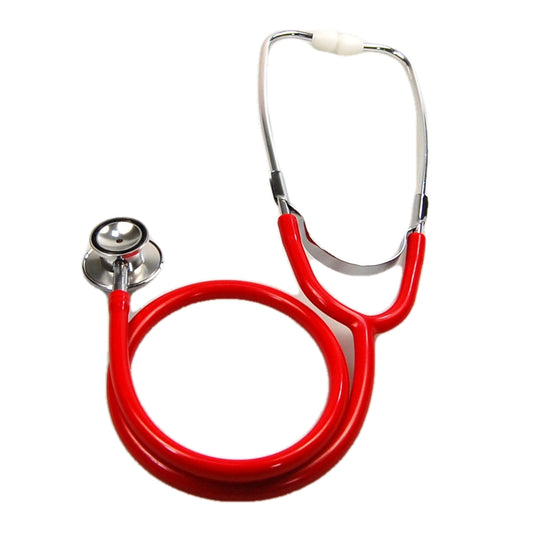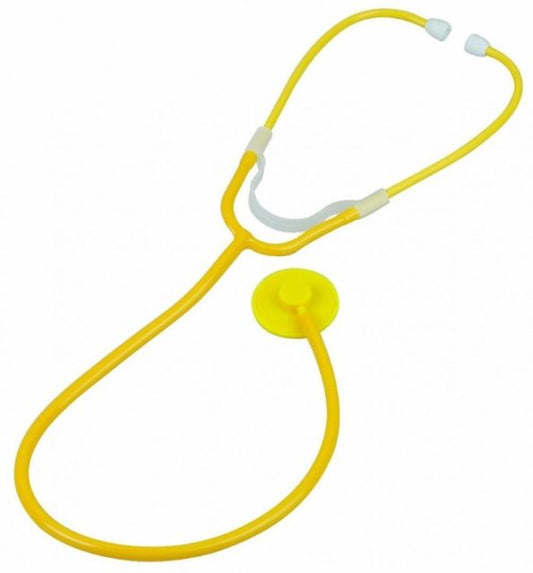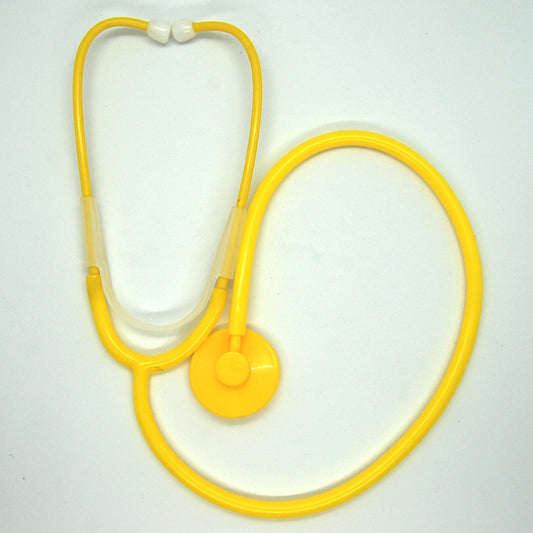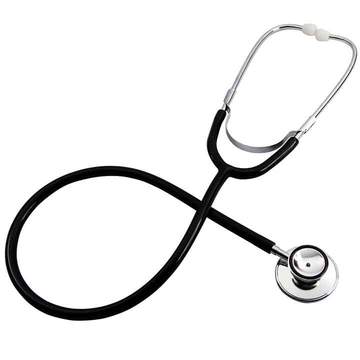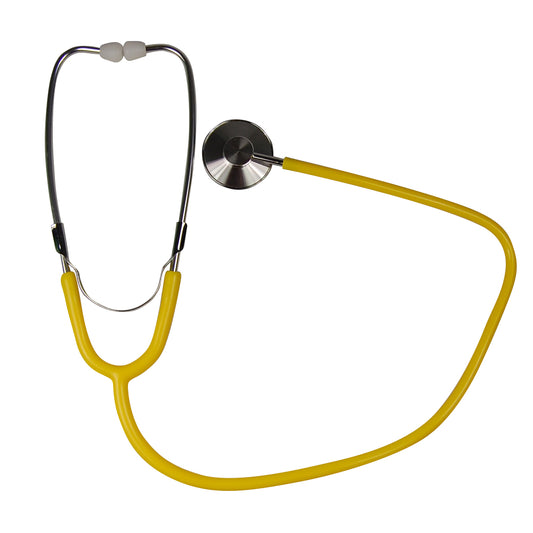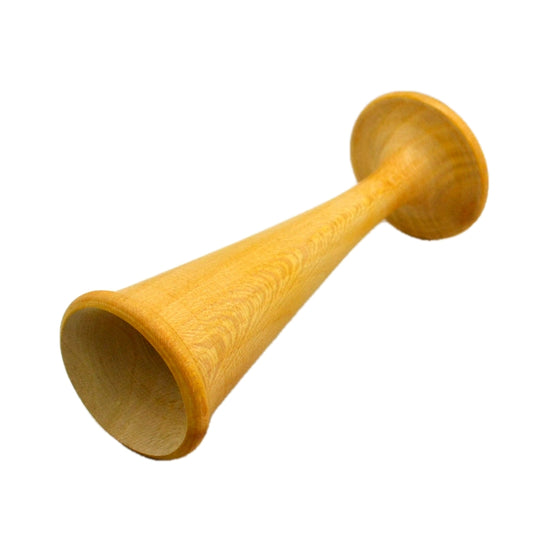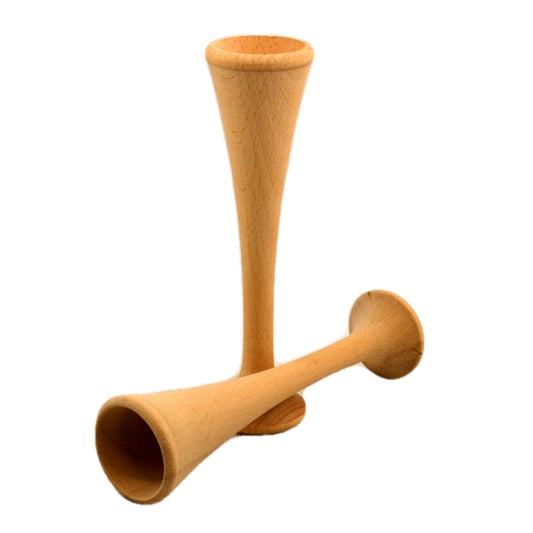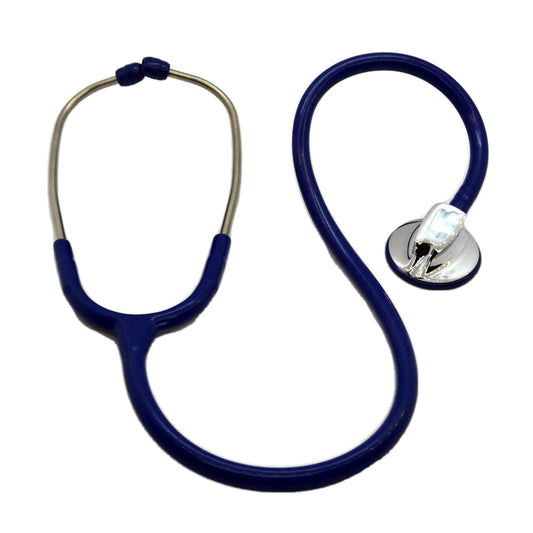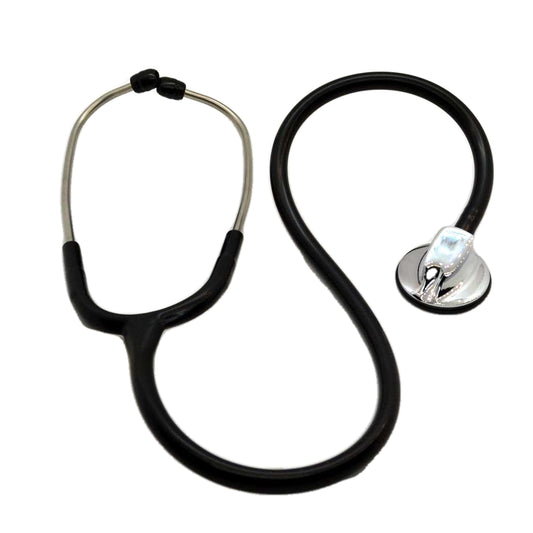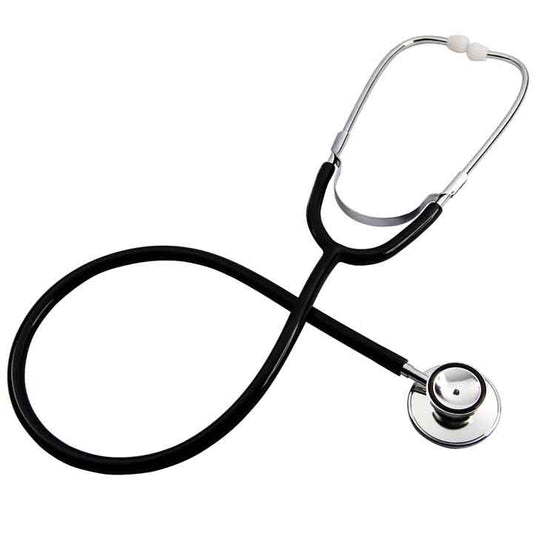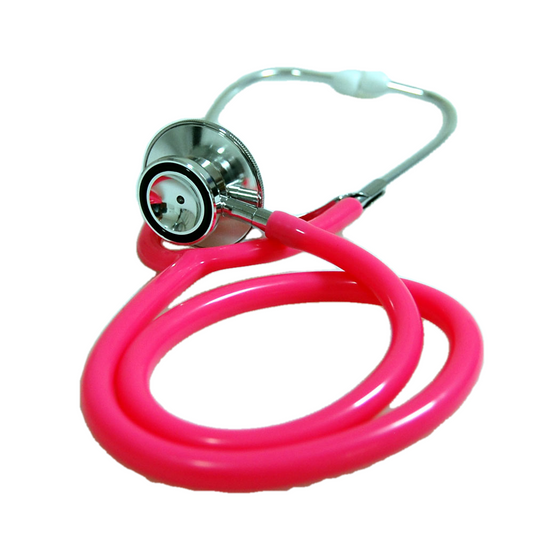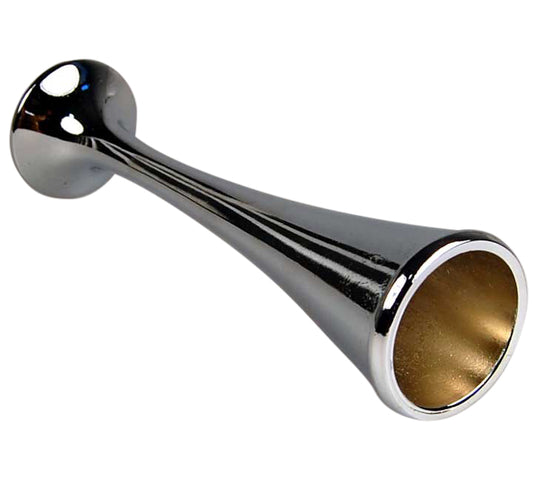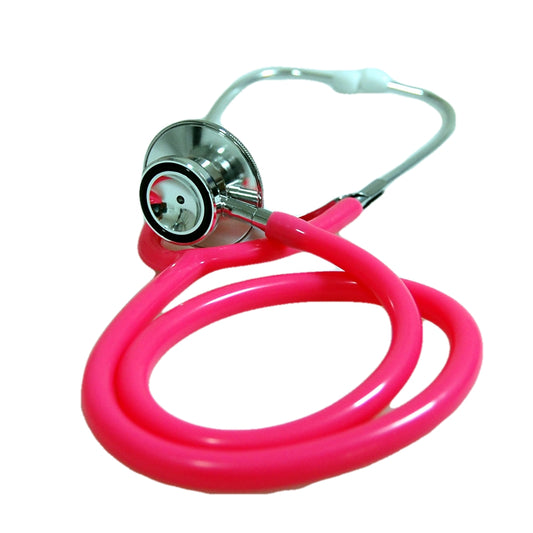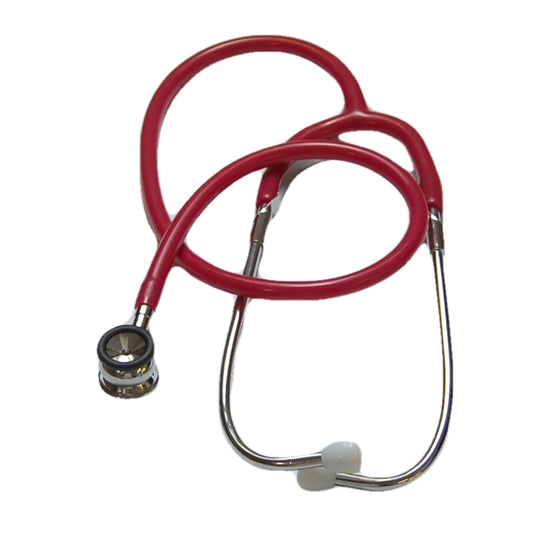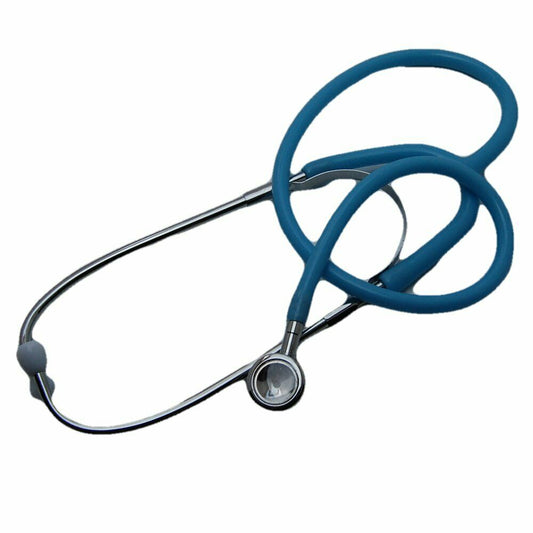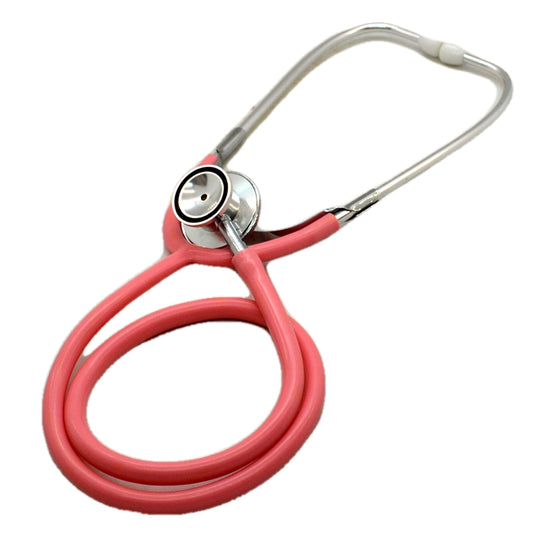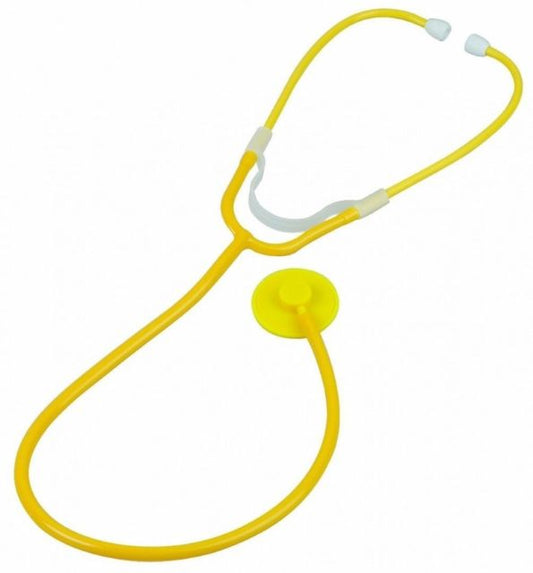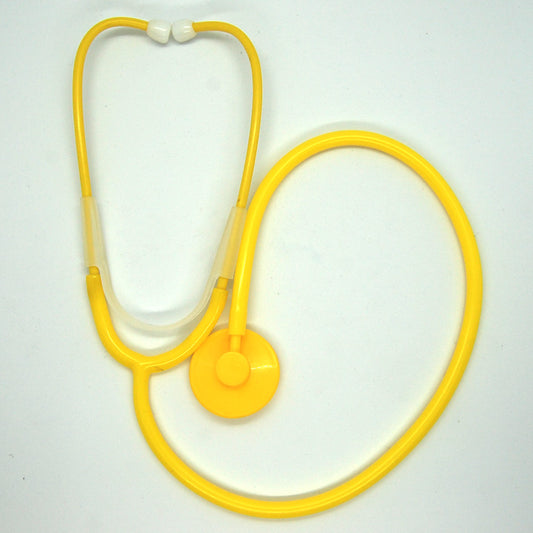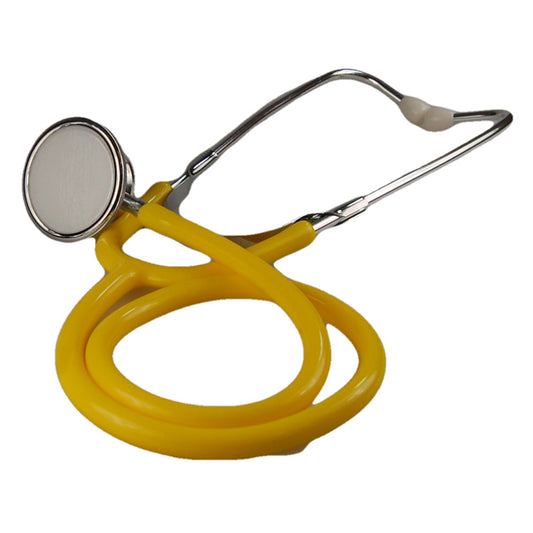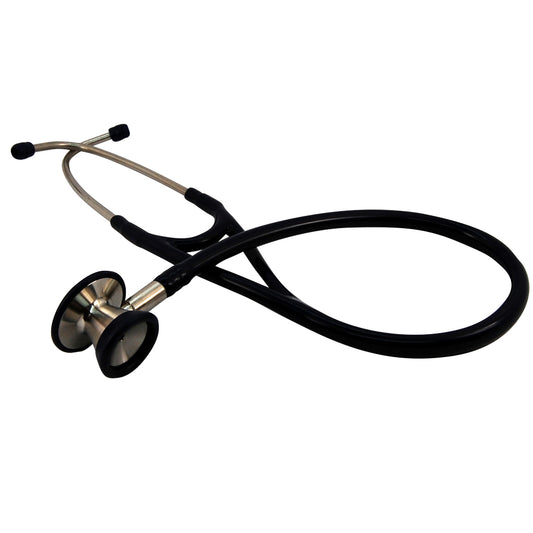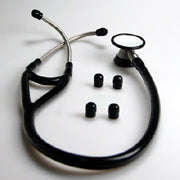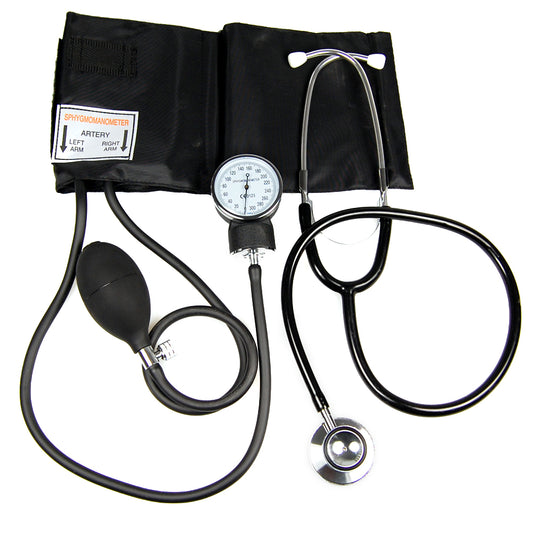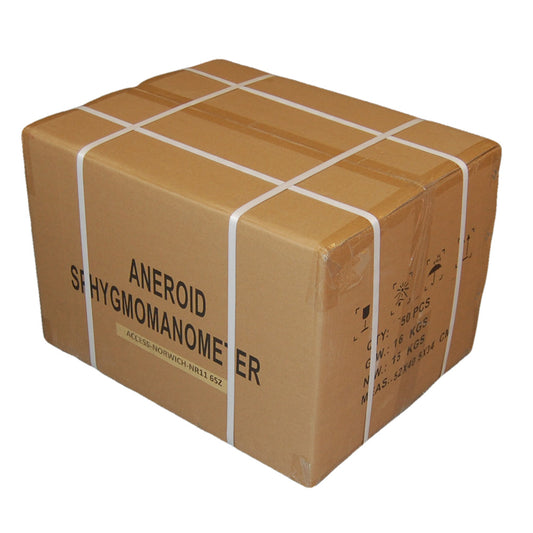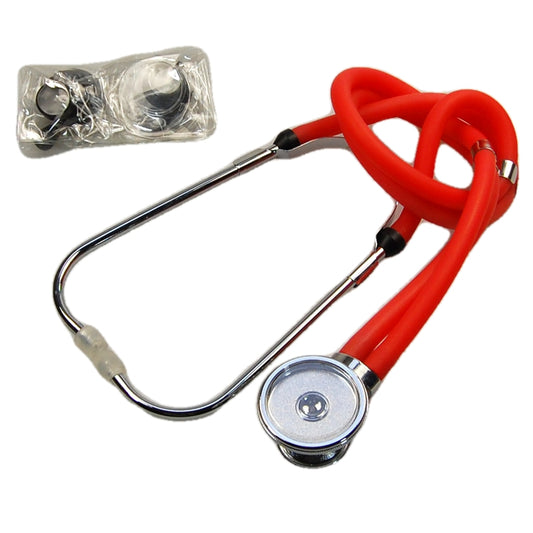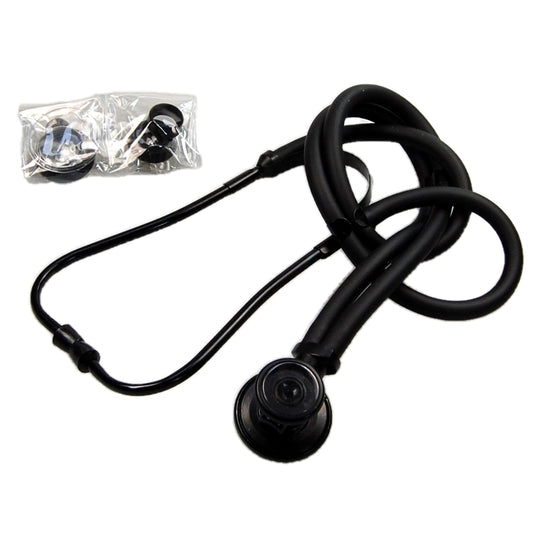Collection: Stethoscopes
-
Dual Head Stethoscope
2 reviewsRegular price £3.75 GBPRegular priceUnit price / per -
Foetal Stethoscope
No reviewsRegular price £9.90 GBPRegular priceUnit price / per -
Single Head Stethoscope
No reviewsRegular price £2.75 GBPRegular priceUnit price / per -
Sphygmomanometer and Stethoscope Set
No reviewsRegular price £13.75 GBPRegular priceUnit price / per -
Sprague Rappaport Stethoscope
No reviewsRegular price From £8.94 GBPRegular priceUnit price / per -
Dual Head Cardiology Stethoscope
4 reviewsRegular price £39.99 GBPRegular priceUnit price / per -
Paediatric Stethoscope
No reviewsRegular price £7.95 GBPRegular priceUnit price / per -
Disposable Stethoscopes Infection Control
No reviewsRegular price From £1.99 GBPRegular priceUnit price / per -
Black Dual Head Stethoscope
2 reviewsRegular price £3.75 GBPRegular priceUnit price / per -
Wholesale Single Head Stethoscopes 100 Stethoscope
No reviewsRegular price £204.00 GBPRegular priceUnit price / per -
Pinard Horn Stethoscope Wood
No reviewsRegular price £5.54 GBPRegular priceUnit price / per -
Single Head Cardiology Stethoscope
1 reviewRegular price £14.99 GBPRegular priceUnit price / per£28.75 GBPSale price £14.99 GBPSale -
Wholesale Dual / Double Head Stethoscopes 100 Stethoscope
No reviewsRegular price £282.74 GBPRegular priceUnit price / per -
Pinard Stethoscope Heavy Cast Brass Model
No reviewsRegular price £12.99 GBPRegular priceUnit price / per -
Pink Stethoscope Dual Head
No reviewsRegular price £3.75 GBPRegular priceUnit price / per -
Neonatal Stethoscope
No reviewsRegular price £7.75 GBPRegular priceUnit price / per -
Sphygmomanometer and Stethoscope Special Offer Set
No reviewsRegular price £11.99 GBPRegular priceUnit price / per£13.75 GBPSale price £11.99 GBPSale -
Pink Paediatric Stethoscope
No reviewsRegular price £7.95 GBPRegular priceUnit price / per -
Wholesale Infection Control Disposable Stethoscopes Bulk Pack
No reviewsRegular price From £93.00 GBPRegular priceUnit price / per -
Yellow Stethoscope Dual Head
No reviewsRegular price £3.75 GBPRegular priceUnit price / per -
Wholesale Dual Head Cardiology Stethoscope 50 Stethoscopes
No reviewsRegular price £550.00 GBPRegular priceUnit price / per -
Wholesale Sphygmomanometer & Stethoscope Set
No reviewsRegular price £605.00 GBPRegular priceUnit price / per -
Wholesale Sprague Rappaport Stethoscope 50 stethoscope carton
No reviewsRegular price From £287.50 GBPRegular priceUnit price / per -
Infection Control - Hazard Prevention Disposable Stethoscope Special Offer
No reviewsRegular price From £1.50 GBPRegular priceUnit price / per£1.99 GBPSale price From £1.50 GBPSale
Stethoscopes for sale
The stethoscope is an essential tool for healthcare professionals, allowing them to listen to internal sounds of the body, including the heart, lungs, and digestive system. We stock a range of stethoscopes for sale, all of which can be purchases singly or in bulk and wholesale packs. We also stock a full range of manual sphygmomanometer that can be purchased in addition if required. Shop online for stethoscopes, prices start from just £2.75 for a single head stethoscope.
Stethoscopes for NHS, GP, doctor, nurse, midwife, paramedic
You can buy a single stethoscope or bulk packs of stethoscopes. Cheap priced stethoscopes for sale online and by purchase order. Bulk, wholesale and NHS packs of stethoscopes available. NHS purchase orders welcome.
Cheap prices on the following medical stethoscopes:
- Single head stethoscopes in 8 colour options
- Dual head stethoscopes in 9 colour options.
- Infection control disposable stethoscopes
- Cardiology single head stethoscope
- Dual head cardiology stethoscope
- Paediatric dual head stethoscope
- Neonatal dual head stethoscope
- Sprague Rappaport stethoscope
- Pinard stethoscope
Stethoscopes for NHS, GP, healthcare , doctors, nurses, paramedics, clinics
We accept NHS purchase orders for bulk purchase of stethoscopes.
Wholesale stethoscopes
- Wholesale stethoscopes available to buy online
- For NHS wholesale stethoscope enquiries contact our trade and NHS team
- You can also contact our trade team for wholesale stethoscopes or visit our wholesale medical supplies website
Stethoscope
A stethoscope is the name of a type of medical equipment that is used to listen to the heart, the chest and the bowel sounds. Stethoscopes are also used to measure blood pressure with a manual sphygmomanometer. Stethoscopes are widely used by doctors, nurses, vets, paramedics and healthcare professionals. We have a large range of stethoscopes for sale to suit all budgets , and clinical requirements.
What is a stethoscope used for?
A stethoscope is a medical instrument used by healthcare professionals, particularly doctors, nurses, paramedics and other clinicians, to listen to internal sounds of a patient's body. It is a vital tool for physical examination and helps in assessing the health of various organ systems. The primary purpose of a stethoscope is to amplify and transmit sounds such as heartbeats, lung sounds, and intestinal noises from within the body to the ears of the healthcare provider.
Here are some common uses of a stethoscope:
- Heart Examination: Listening to the heart sounds (lub-dub) allows healthcare professionals to assess the rhythm, rate, and overall function of the heart. Abnormalities in heart sounds can indicate cardiac issues such as heart murmurs.
- Lung Examination: Stethoscopes are used to auscultate (listen to) the breath sounds in different areas of the chest. This helps in identifying any abnormal respiratory sounds for example wheezes or crackles, and assessing lung function.
- Blood Pressure Measurement: While a stethoscope is not directly involved in measuring blood pressure, it is often used in conjunction with a sphygmomanometer. The healthcare provider uses the stethoscope to listen for specific sounds (Korotkoff sounds) while gradually releasing pressure from the inflated cuff.
- Gastrointestinal Sounds: Stethoscopes can be used to listen to the sounds produced by the digestive system, such as bowel sounds. Changes in these sounds can indicate issues with the gastrointestinal tract.
- Vascular Sounds: Healthcare professionals may use a stethoscope to listen to blood flow sounds in arteries and veins, helping in the assessment of vascular conditions.
History of the Stethoscope
The stethoscope was invented in the early 19th century by French physician René Laennec. Before the stethoscope, doctors would use direct percussion (tapping) and auscultation (listening) of the chest to diagnose patients. However, Laennec found this method to be ineffective and unpleasant, especially when examining female patients. In 1816, he invented the first stethoscope, which consisted of a wooden tube and two earpieces. This invention revolutionized the way doctors diagnosed and treated patients.
Types of Stethoscopes
Today, there are many different types of stethoscopes available on the market. The most common types include:
- Acoustic Stethoscope - This is the most traditional type of stethoscope, which uses hollow tubes to transmit sound from the chestpiece to the earpieces. They can come in single or double-tubed versions, with double-tube stethoscopes offering improved sound quality.
- Foetal Stethoscope - Also known as the Pinard stethoscope after its inventor, these stethoscopes are specifically designed to listen to the heartbeat of a fetus during pregnancy.
- Paediatric Stethoscope - Paediatric stethoscopes have smaller chest pieces, making them ideal for examining children.
- Neonatal Stethoscope - A neonatal stethoscope is a specialised type of stethoscope that is designed specifically for use on newborn babies. These stethoscopes have a smaller chest piece than both traditional stethoscopes and paediatric stethoscopes, making them ideal for use on small, delicate bodies.
- Cardiology Stethoscope - Cardiology stethoscopes have larger chestpieces and are designed to detect high-frequency sounds, making them ideal for diagnosing heart conditions.
- Electronic Stethoscope - These stethoscopes amplify sound electronically and are ideal for healthcare professionals working in noisy environments.
- Disposable Stethoscope-Disposable stethoscopes are a type of stethoscope that are designed to be used only once and then discarded. They are often made of lower-cost materials than traditional stethoscopes and are intended for single-use to help prevent cross-contamination between patients. Disposable stethoscopes are commonly used in settings where infection control is a top priority, such as hospitals, clinics, and emergency rooms. While they may not offer the same sound quality as more traditional stethoscopes, they can provide a cost-effective and hygienic option for healthcare professionals.
Choosing the right stethoscope
When choosing a stethoscope, it's important to consider the specific needs of the healthcare professional. Some factors to consider include:
- Purpose of use
- Sound quality
- Comfort
- Durability
- Size and weight
- Price
The stethoscope is a vital tool for healthcare professionals, allowing them to diagnose and treat patients more effectively. With so many different types of stethoscopes available, it's important to choose the right one based on specific needs and preferences.
What is the best stethoscope to hear?
Choosing the best stethoscope for listening depends on various factors, including your specific needs, preferences, and budget. Different healthcare professionals may have different preferences based on their specialties and the nature of their work.
Here are some popular types of stethoscopes and considerations for selecting the best one:
- Single-Head Acoustic Stethoscopes: These have a single chest piece and are often lighter. They are suitable for general physical examinations and frequently used on wards for checking blood pressure sounds with a manual sphyg.
- Dual-Head Acoustic Stethoscopes: These have two sides - one for low-frequency sounds (bell) and the other for higher-frequency sounds (diaphragm). They are versatile and commonly used in various medical fields.
- Electronic Stethoscopes: Amplified Stethoscopes: Electronic stethoscopes have built-in amplification, allowing for better sound quality and the ability to adjust volume. They can be beneficial in noisy environments.
- Cardiology Stethoscopes: Cardiology stethoscopes are specialized for listening to heart sounds with exceptional clarity. They often have a tunable diaphragm and may be dual-lumen for better acoustic performance.
- Paediatric Stethoscopes and Neonatal Stethoscopes: Smaller Diaphragms: Pediatric stethoscopes are designed for smaller patients and have smaller chest pieces to better fit a child's anatomy.
- Customisable Stethoscopes: Interchangeable Parts: Some stethoscopes allow you to change the chest piece, ear tips, or other components for customisation.
What is the best brand for stethoscope?
Several brands are well-regarded for producing high-quality stethoscopes, and the choice often depends on personal preferences, intended use, and budget. One of the most widely recognised and recommended brands in the healthcare industry is Littmann, a brand owned by 3M. Littmann stethoscopes are known for their excellent acoustics, durability, and innovative features. They offer a range of stethoscope models designed for various medical specialties and purposes.
Here are a few popular Littmann stethoscope models:
- Littmann Classic III: This is a versatile and widely used stethoscope suitable for general clinical use. It features a dual-sided chest piece with both a tunable diaphragm and an open bell.
- Littmann Cardiology IV: Designed for cardiologists and healthcare professionals who require exceptional acoustics, the Cardiology IV offers improved sound quality and a tunable diaphragm on each side.
- Littmann Master Cardiology: This is a high-end stethoscope known for its outstanding acoustics and performance. It is often chosen by cardiologists and other specialists who demand the best in sound quality.
- Littmann Pediatric: Specifically designed for pediatric use, these stethoscopes have smaller chest pieces to better fit the anatomy of children.
While Littmann is a popular choice, other reputable brands also manufacture quality stethoscopes. Ultimately, the "best" stethoscope brand depends on your specific requirements, such as your medical specialty, preferences for features, and budget constraints. It's recommended to try out different models, if possible, and consider reviews from healthcare professionals in your field to find the stethoscope that best suits your needs.
Frequently asked questions about stethoscopes
1. What is a stethoscope used for?
A stethoscope is a medical instrument used to listen to internal body sounds, such as the heartbeat, lung sounds, and bowel activity. It’s also used with a sphygmomanometer for measuring blood pressure.
2. Who uses a stethoscope?
Doctors, nurses, paramedics, medical students, and other healthcare professionals use stethoscopes in daily practice. Some veterinarians also use specialised stethoscopes for animals.
3. What are the different types of stethoscopes?
- Acoustic stethoscopes – the traditional type most commonly used.
- Electronic stethoscopes – amplify sounds and sometimes connect to apps for recording.
- Paediatric and neonatal stethoscopes – designed with smaller chest pieces for children and babies.
- Cardiology stethoscopes – provide superior acoustic performance for detailed heart examinations.
4. How do I wear a stethoscope correctly?
Insert the earpieces so they point slightly forward, following the angle of your ear canal. This helps achieve a proper seal and improves sound quality.
5. What’s the difference between the diaphragm and the bell on a stethoscope?
- The diaphragm (the flat side) is best for higher-pitched sounds like breath or normal heartbeats.
- The bell (the smaller side) is used for lower-pitched sounds like certain heart murmurs.
6. How do I clean and maintain my stethoscope?
- Wipe the earpieces and chest piece with a 70% isopropyl alcohol solution after use.
- Avoid immersing it in liquid or exposing it to extreme heat.
- Replace earpieces and tubing if they become worn.
7. Can I use a stethoscope at home?
Yes, digital and basic stethoscopes can be used at home, often by carers or students. However, interpreting sounds requires training.
8. Why are some stethoscopes more expensive than others?
The cost depends on sound quality, build materials, special features (like noise reduction or electronic amplification), and brand reputation. Cardiology stethoscopes tend to be the most advanced and therefore more costly.
9. How long does a stethoscope last?
With proper care, a good quality stethoscope can last many years. Tubing may degrade over time, but most brands offer replacement parts.
10. Can I personalise my stethoscope?
Yes, many suppliers offer engraving on the chest piece or name tags for the tubing. This helps prevent loss and ensures easy identification.
FAQ's when buying a stethoscope
11. What should I look for when buying a stethoscope?
Consider sound quality, comfort of the earpieces, durability of the tubing, and whether you need a specialised type (e.g. paediatric, cardiology, or electronic). For general use, a standard acoustic stethoscope is usually sufficient.
12. Which stethoscope is best for medical students?
A reliable, mid-range acoustic stethoscope is often recommended for students. It provides good sound quality without the high price tag of cardiology or electronic models.
13. Do I need to spend a lot of money on my first stethoscope?
Not necessarily. Entry-level stethoscopes are perfectly adequate for learning and basic examinations. However, investing in a higher-quality model may be worthwhile if you plan on long-term use.
14. Are branded stethoscopes worth it?
Trusted brands such as Littmann are known for excellent acoustics, durability, and warranty support. While they are more expensive, many professionals find them worth the investment.
15. Where can I buy a stethoscope?
Stethoscopes can be purchased online from medical suppliers, specialist retailers, or in-store at uniform and equipment shops. Always buy from a reputable source to ensure authenticity.
16. Should I buy a new or second-hand stethoscope?
It’s strongly recommended to buy a new stethoscope. Used ones may have worn tubing, compromised sound quality, or hygiene concerns.
17. Do stethoscopes come with a warranty?
Most reputable brands offer warranties ranging from 2 to 7 years, depending on the model. This usually covers manufacturing defects but not wear and tear.
18. Can I test a stethoscope before buying?
If purchasing in person, some suppliers allow you to try different models for fit and comfort. When buying online, check return policies in case the stethoscope doesn’t meet your expectations.
19. What length of tubing should I choose?
Stethoscopes usually come in different tubing lengths (typically 55–70 cm). Shorter tubes may give slightly better sound, while longer tubes provide more comfort and personal space when examining patients.
20. How important is the weight of a stethoscope?
If you wear your stethoscope around your neck all day, a lighter model will be more comfortable. Heavier cardiology models provide better sound but may feel bulky.
21. What colour options are available?
Stethoscopes come in a wide range of colours. Choosing a distinctive one can help prevent mix-ups with colleagues’ equipment.
22. Can I use the same stethoscope for adults and children?
Some stethoscopes have dual heads or tuneable diaphragms suitable for both adults and children. However, paediatric or neonatal models are better for very small patients.
23. Are electronic stethoscopes worth it?
Electronic models amplify sounds, reduce background noise, and sometimes allow recording. They’re useful for teaching, noisy environments, or those with hearing difficulties, but they are more expensive.
24. Do I need accessories for my stethoscope?
Common accessories include spare earpieces, ID tags, and carrying cases. Some people also purchase cleaning wipes specifically for medical equipment.
25. How do I know if a stethoscope is genuine?
Counterfeit premium stethoscopes exist. Always buy from authorised retailers, and check the serial number with the manufacturer if in doubt.

